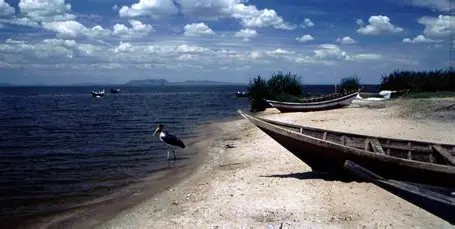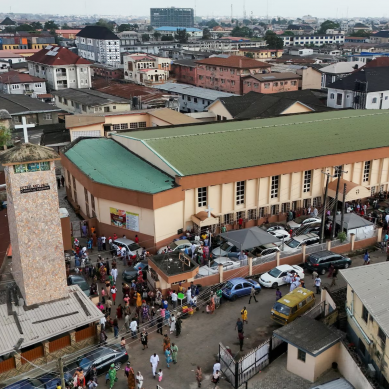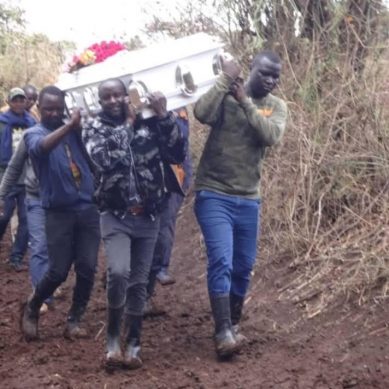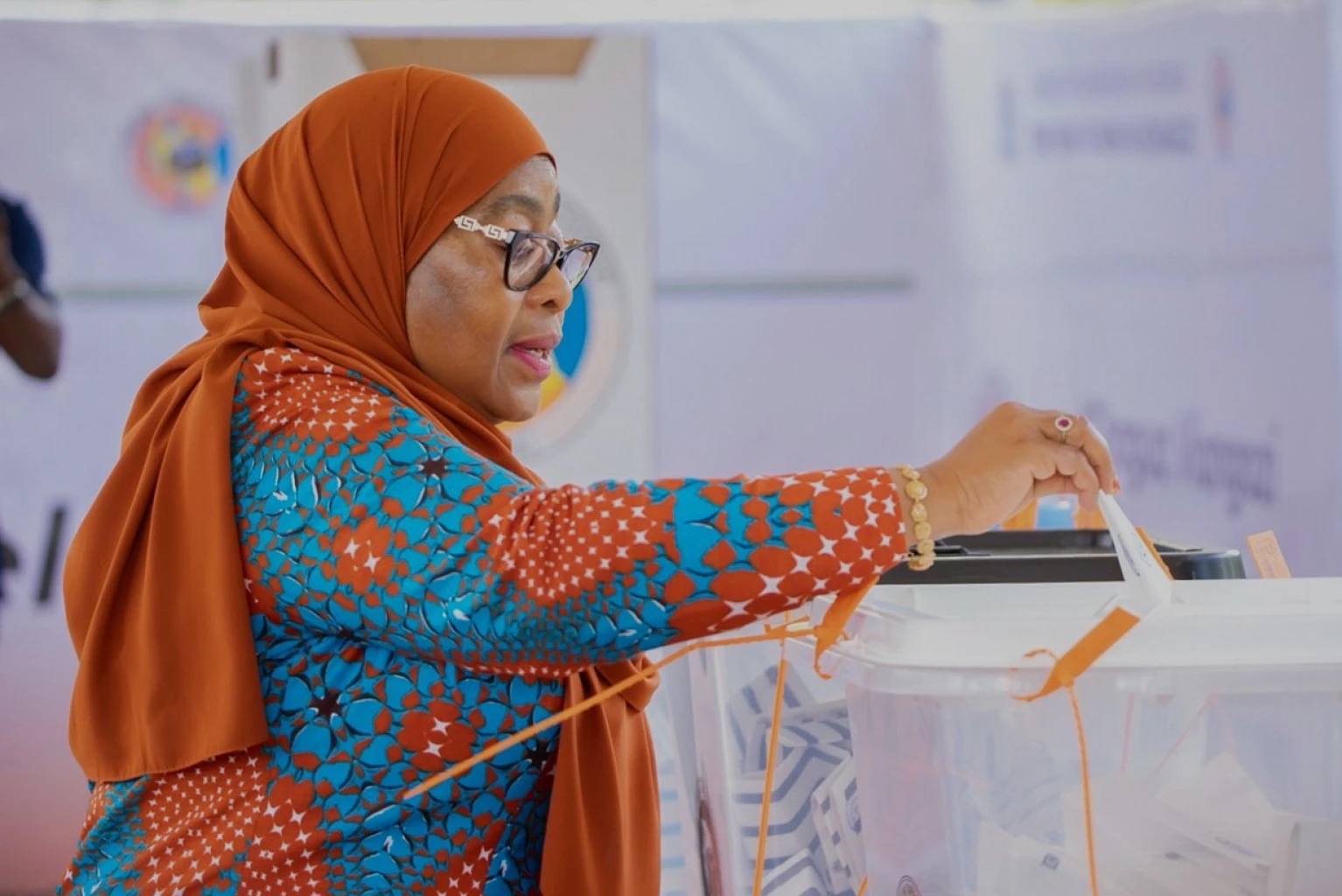
We are in a century in which information, knowledge and conservation and management of natural resources have become even more critical than the past because the human species, Homo sapiens, has chosen to ignore information and knowledge for survival and instead emphasise militarisation of everything conceivable simultaneously with environmentally unconscious exploitation of time-tested natural resources ostensibly for economic development.
Perhaps nowhere is this more exacerbated than National Resistance Movement (NRM)-governed Uganda. President Tibuhaburwa Museveni has made it absolutely clear that when development and environment clash, development takes precedence.
Although all development is or should be people’s development, he puts the people last in his equation of development. In his own words, infrastructure development comes first, then nature, environment and lastly people. He does not see the relationship between environmentally-conscious development, sustainable ecology, conservation and management of natural resources and the bio-cultural landscapes of the various indigenous groups of Uganda.
Consequently, there has been and continues to be biophysical and bio-cultural erosions as land is assaulted by developments, including land grabbing and resources grabbing that are clearly being carried out by people with exogenous roots in pursuit of their selfish interests. They are being encouraged not only by the president’s philosophy of development disconnecting people’s cultures, identities and belonging within the country’s bio-ecological systems such as those of the Lake Victoria ecosystem; and his insistence that interests are superior to identity and belonging.
Consequently, whole cultural communities have been displaced and dispossessed, clearly in the interest of foreigners. This has endangered natural resources conservation and management in every part of Uganda.
In this article, I want to articulate and clarify the view that militarisation of Uganda’s part of the Lake Victoria ecosystem is destroying time-tested conservation and management of the lake and its resources. This is part of the general militarisation of everything conceivable in the country.
Affected people and communities in Uganda have called for the demilitarisation of the lake but government continues to ignore them while hyping the interests of foreigners. The future of conservation and management of the lake and its resources is in jeopardy.
So, is the future of our people and communities whose livelihoods depend on the lake is also in jeopardy. The whole lake ecosystem is in danger of collapsing due to the high-handedness of the NRM government and its lack of respect for the fishing communities. The children of the fisher folk are ending up as domestic and international slaves, enriching a few people in and connected to power.
As a conservation biologist instructed at the beginning of the 1980s, I am professionally obliged to continue guiding beyond my professionally active life so that present future generations do not lose connectivity to the environment ecologically, biologically, culturally, psychologically, ethically and morally. I am obliged to guide on what will for ever destroy experience ecological sustainability and its linkage to environmentally conscious natural resources conservation and management.
By choosing militarisation of Lake Victoria ecosystem, the NRM government in Uganda has chosen to erase the time-tested conservation and management of her part of the lake ecosystem, focussing on disconnecting the people and whole traditional-local communities from the ecosystem. Government has placed the management of ecosystem in the hands of the military, which, by concentrating on excluding the people from the lake, is creating an artificial system in which the key managers are soldiers. This has reduced the value of scientific research to the survival of ecosystem and the communities that have depended on it since time immemorial.
Unfortunately, the militarisation of the lake has only served the interests of foreigners such as Chinese, Indians and Rwandese at the expense of the indigenous communities of Ugandans. The lucky soldiers involved in the militarisation process have not only killed some Ugandans said to be using officially unacceptable fishing nets, but have become excessively wealthy as poverty devastates the people and whole communities.
Government continues to claim the military is doing a good job in conservation and management of the natural resources in Lake Victoria. Meanwhile, the government repeatedly tells them to work hard, yet their livelihood depended of fishing, which they can no longer engage in.
Interestingly, as Uganda entrenches militarisation of the Lake Victoria ecosystem, Kenya and Tanzania have not disconnected the people and communities from the lake. They continue to fish like they have done for centuries and the fish continues to flourish and nourish the people and communities, while the governments earn foreign exchange from the fish to provide goods and services. Uganda, Kenya and Tanzania are original members of the East African Community. They claim to be managing the lake ecosystem together, but militarisation of the Uganda part of the ecosystem is undermining that cooperation.
In conclusion, militarization of the Lake Victoria ecosystem in Uganda must be replaced by de-militarisation in the interest of our people and communities ecologically dependent on fishing. Their disconnection from the lake has rendered unproductive and poor. They have been converted into a floating population that can be hired and fired by people in power or connected to power, including the Chinese, Indians and Rwandese.
Return of respect, justice, human rights, community rights, socioeconomic rights, freedom and democracy for the fishing people and communities is critical. It will release the people so that they can fully participate in the social, economic and political life in the country.
Or else they are converted into either useless beings or commodities to be sold and bought. This is already happening. It must stop.
For God and my country.
- A Tell report / By Oweyegha-Afunaduula / Environmental Historian and Conservationist Centre for Critical Thinking and Alternative Analysis (CCTAA), Seeta, Mukono, Uganda.
About the Centre for Critical Thinking and Alternative Analysis (CCTAA)
The CCTAA was innovated by Hyuha Mukwanason, Oweyegha-Afunaduula and Mahir Balunywa in 2019 to the rising decline in the capacity of graduates in Uganda and beyond to engage in critical thinking and reason coherently besides excellence in academics and academic production. The three scholars were convinced that after academic achievement the world outside the ivory tower needed graduates that can think critically and reason coherently towards making society and the environment better for human gratification. They reasoned between themselves and reached the conclusion that disciplinary education did not only narrow the thinking and reasoning of those exposed to it but restricted the opportunity to excel in critical thinking and reasoning, which are the ultimate aim of education. They were dismayed by the truism that the products of disciplinary education find it difficult to tick outside the boundaries of their disciplines; that when they provide solutions to problems that do not recognise the artificial boundaries between knowledges, their solutions become the new problems. They decided that the answer was a new and different medium of learning and innovating, which they characterised as “The Centre for Critical Thinking and Alternative Analysis” (CCTAA)







